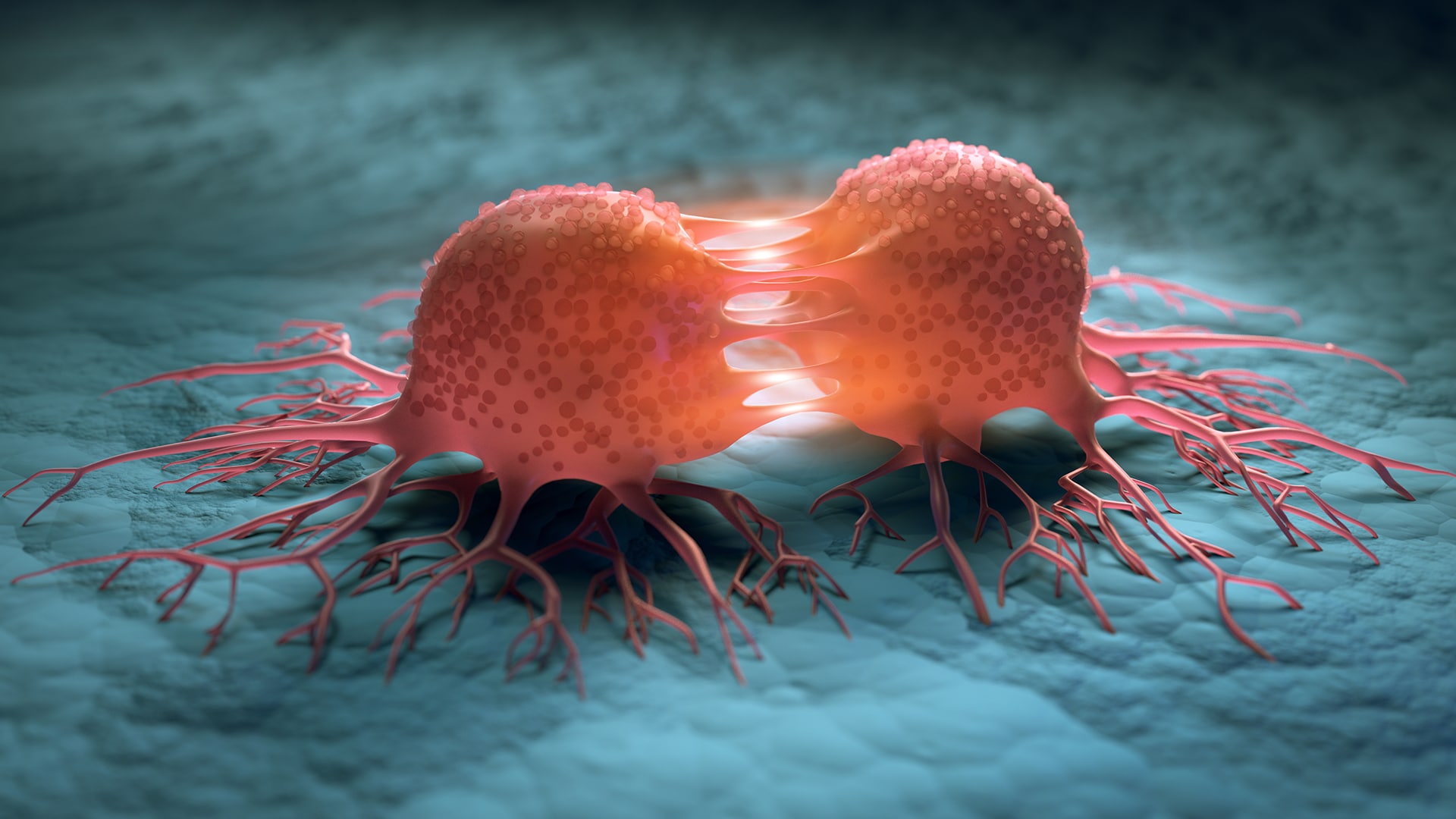Whole-genome sequencing provides essential information for the treatment of children with cancer
The results from the first 117 children who underwent whole-genome sequencing through the national project GMS Barncancer show that in 90 percent of cases, clinically significant genetic alterations were found. Over 30 researchers and clinicians nationwide have carried out this extensive work. SciLifeLab Clinical Genomics assists with nationwide implementation and helps analyze the results, now published in JCO Precision Oncology.
GMS Barncancer is a unique project that offers whole-genome sequencing as part of the diagnostic process for all children in Sweden affected by cancer.
From January 2021 to March 2022, 117 children were included in the study, and their tumors were analyzed using whole-genome sequencing. For approximately half of the children who underwent sequencing, clinically relevant genetic alterations were found that either indicated a specific subgroup for diagnosis, were linked to prognosis, or were associated with a specific treatment target. Additionally, in another 40% of cases, the previously established diagnosis was confirmed.
“In isolated cases, the diagnosis and treatment were completely changed. In other cases, it meant that the child could gain access to targeted cancer drugs. Furthermore, several cases with congenital genetic diseases requiring specific treatment were discovered,” says David Gisselsson Nord in an interview with Genomic Medicine Sweden (GMS). David is a professor and chief physician at Lund University/Region Skåne and coordinated the study.
Traditional treatments such as radiation and chemotherapy are effective for children but often have lifelong side effects that may arise immediately or several years after treatment. Currently, there are few clinical trials for children, which means that even if new treatment targets are identified through whole-genome sequencing, children may only sometimes have access to targeted therapies.
“But we see that more targeted drugs are becoming relevant for children with cancer. Sequencing allows us to match the right child with the right medication efficiently,” says David Gisselsson Nord.
Bioinformatic analyses and interpretation tools are crucial for ensuring that the vast amount of sequencing data generated can provide proper support to treating physicians. Within the project, the SciLifeLab Clinical Genomics platform and Genomic Medicine Centers (GMCs) throughout the country have further developed and harmonized bioinformatic analyses and developed better tools for clinical variant interpretation, supporting decision-making.
“The work we are doing to harmonize bioinformatics and interpretation tools nationwide will ensure that all patients have access to consistent and high-quality analyses of equivalent standards,” says Valtteri Wirta, Platform Scientific Director at SciLifeLab Clinical Genomics and co-chair of GMS Informatics.
The GMS Barncancer project is ongoing, and more children with cancer are continuously being included. From 2022, leukemias are also being included. Moving forward, an important aspect of the project will be the health economic analyses, which will indicate which patient groups will have the greatest clinical benefit from whole-genome sequencing in the future.
“Through extensive national collaboration, we will be able to accelerate the nationwide implementation of whole-genome sequencing in healthcare for children with cancer,” concludes Valtteri Wirta.
DOI: 10.1200/PO.23.00039





